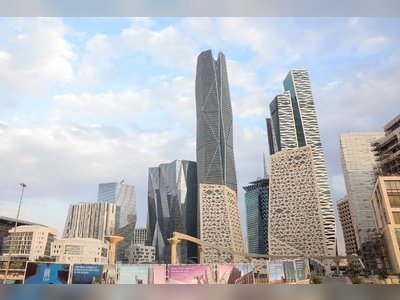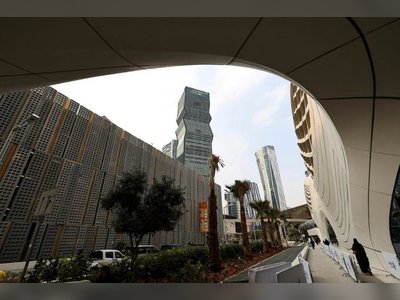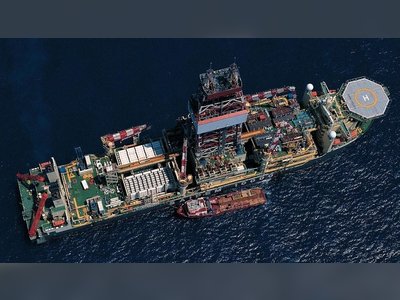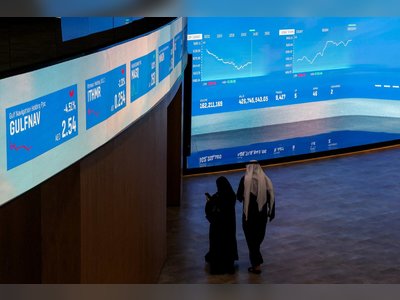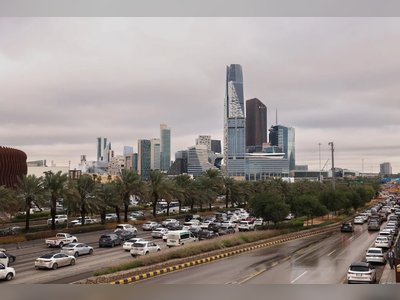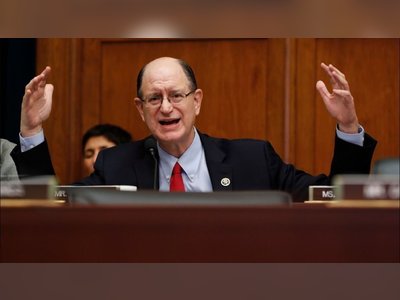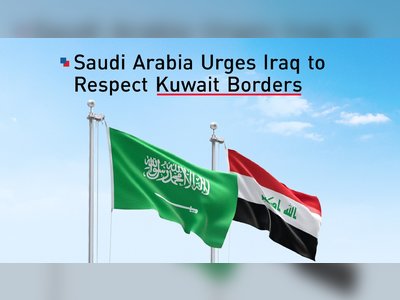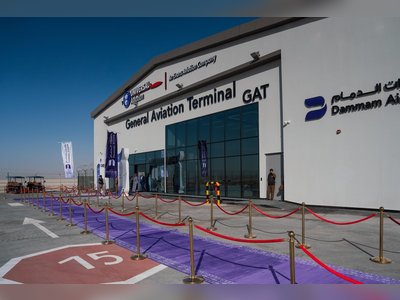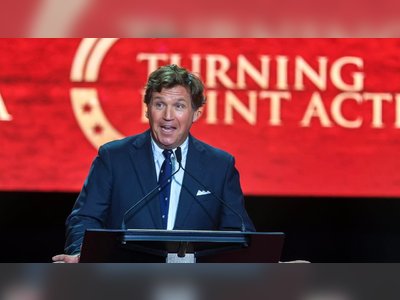
US Implements Fresh Sanctions on Iranian Oil Industry Amid Rising Tensions
More than 30 people and ships associated with Iranian oil exports have been aimed at in the US 'maximum pressure' campaign.
On Monday, the United States unveiled a new set of sanctions aimed at more than 30 individuals and vessels involved in Iranian oil transactions.
Among those targeted are senior officials, including Hamid Bovard, the deputy petroleum minister and CEO of the National Iranian Oil Company (NIOC).
This move is part of a wider strategy reinstated by President Donald Trump to impose 'maximum pressure' on Iran and its oil supply lines.
US Treasury officials have stated that Iran continues to utilize a covert network of ships and brokers to sell oil, thereby evading current western sanctions.
This network plays a vital role in financing not only Iran's economy but also its military activities in the region.
Scott Bessent from the Treasury Department commented on the ongoing dangers of engaging in Iranian oil transactions, emphasizing that the US will implement robust measures to disrupt Iran's oil supply chain.
The new sanctions particularly target brokers based in the United Arab Emirates and Hong Kong, along with tanker operators from India and China.
Overall, the sanctions reportedly encompass vessels accused of facilitating the transport of 'tens of millions of barrels of crude oil,' valued at hundreds of millions of dollars.
Moreover, the US State Department announced the designation of 16 additional companies and vessels tied to Iran's petroleum and petrochemical industries.
These sanctions mark the second wave of restrictions since Trump's memorandum issued on February 4, reflecting a renewed dedication to exert pressure on Iran's economy, following similar actions taken on February 6 against an international network allegedly channeling funds to Iranian military factions.
These developments arise amidst growing scrutiny of Iran's oil exports, which are critical to its economic stability and influence in the Middle East.
Among those targeted are senior officials, including Hamid Bovard, the deputy petroleum minister and CEO of the National Iranian Oil Company (NIOC).
This move is part of a wider strategy reinstated by President Donald Trump to impose 'maximum pressure' on Iran and its oil supply lines.
US Treasury officials have stated that Iran continues to utilize a covert network of ships and brokers to sell oil, thereby evading current western sanctions.
This network plays a vital role in financing not only Iran's economy but also its military activities in the region.
Scott Bessent from the Treasury Department commented on the ongoing dangers of engaging in Iranian oil transactions, emphasizing that the US will implement robust measures to disrupt Iran's oil supply chain.
The new sanctions particularly target brokers based in the United Arab Emirates and Hong Kong, along with tanker operators from India and China.
Overall, the sanctions reportedly encompass vessels accused of facilitating the transport of 'tens of millions of barrels of crude oil,' valued at hundreds of millions of dollars.
Moreover, the US State Department announced the designation of 16 additional companies and vessels tied to Iran's petroleum and petrochemical industries.
These sanctions mark the second wave of restrictions since Trump's memorandum issued on February 4, reflecting a renewed dedication to exert pressure on Iran's economy, following similar actions taken on February 6 against an international network allegedly channeling funds to Iranian military factions.
These developments arise amidst growing scrutiny of Iran's oil exports, which are critical to its economic stability and influence in the Middle East.

